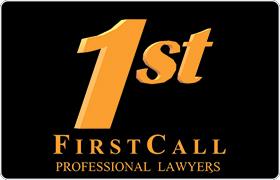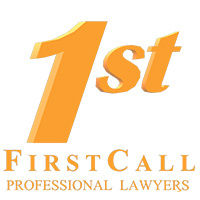El Cajon Felony Lawyer, California
Sponsored Law Firm
-
 x
x

Click For More Info:
-
First Call Legal Services Corporation
530 Hacienda Dr Unit 101B Vista, CA 92081» view mapCriminal Defense Effective. Versatile. Decisive.
Our vision is to build strong, trust-based client relationships from our first handshake. Every challenge is an opportunity. You need the RIGHT PEOPLE for the job you want done.
760-690-3999
Jacob Prescott Austin
✓ VERIFIEDOver the years I have worked on cases spanning many areas of law such as marriage dissolution issues, transferring trademarks, elder abuse, financial ... (more)
Elliott N. Kanter
✓ VERIFIEDIf you're seeking a criminal defense attorney or personal injury lawyer in San Diego who will look out for your best interests, you've come to the rig... (more)
Mark Lawrence Deniz
FREE CONSULTATION
CONTACTMarcel L Stewart
FREE CONSULTATION
CONTACTRussell Babcock
FREE CONSULTATION
CONTACTAnthony Solare
FREE CONSULTATION
CONTACT First Call Legal Services Vista, CA
First Call Legal Services Vista, CA Practice AreasExpertise
Practice AreasExpertise


